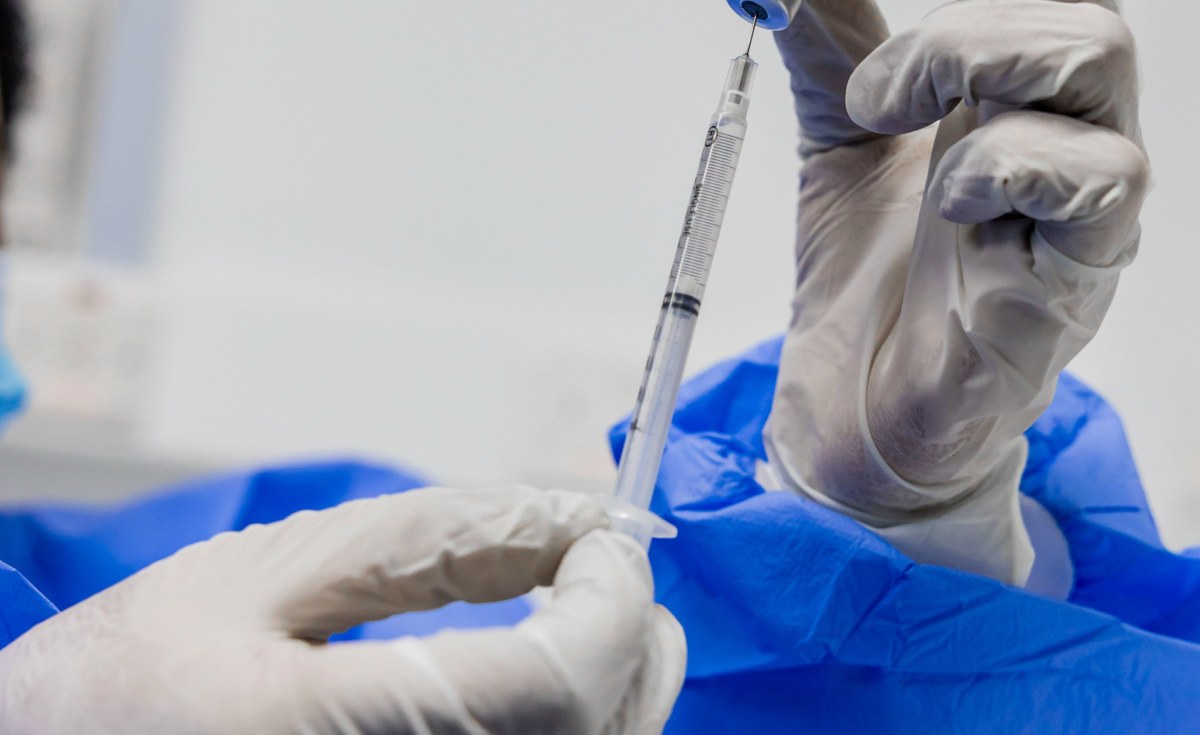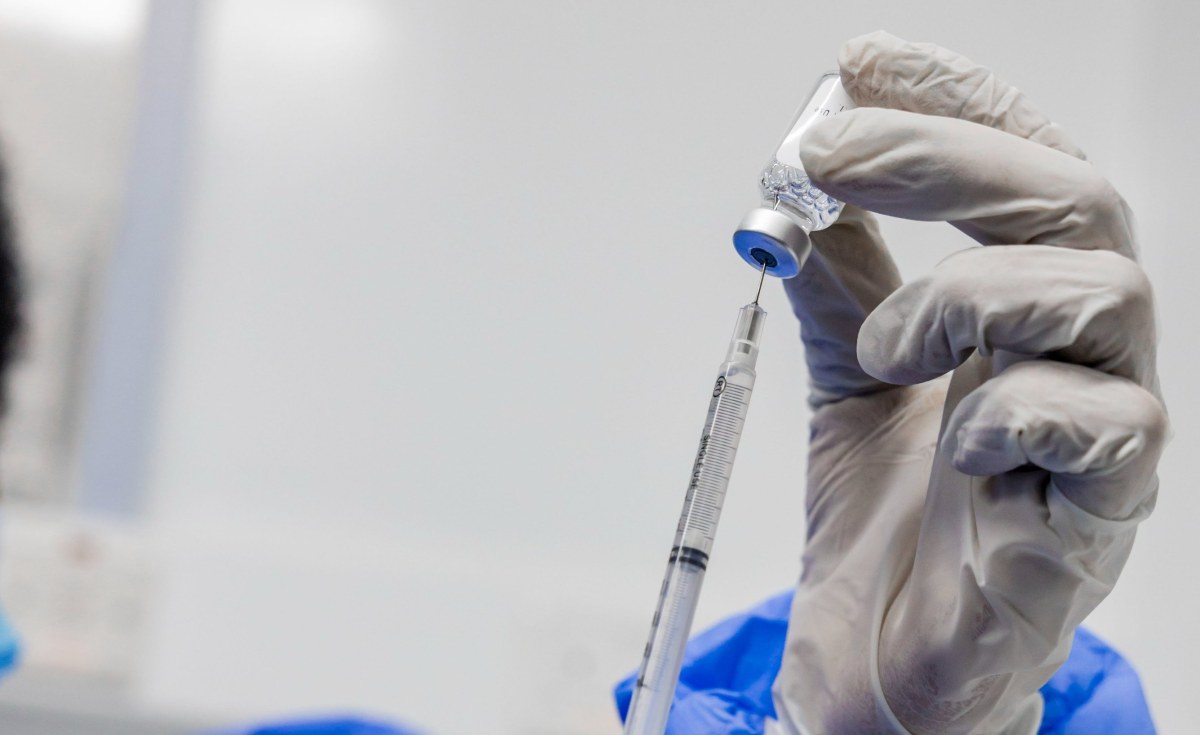
Unguja. Zanzibarhas signed a landmark agreement to purchase 200 megawatts of wind power from Aseel Oilfield Services Tanzania, in partnership with Sany Renewable Energy.
The ambitious project aims to address Zanzibar’s growing energy needs and reduce the island’s reliance on imported power.
The one-year project contract, signed on January 24, 2025, will be executed in two phases. The first phase will generate 120 megawatts, with 100 megawatts allocated to Unguja and 20 megawatts to Pemba.
The first phase is expected to cost approximately $180 million (around Sh458.4 billion), whereas the second phase will involve additional investments to further enhance the capacity.
The move is part of Zanzibar’s long-term strategy to become more energy-independent. At present, the island receives its electricity from mainland Tanzania through the Tanzania Electric Supply Company (Tanesco), but the growing demand has highlighted the need for more sustainable solutions.
Joseph Kilangi, Permanent Secretary of the Ministry of Water, Energy, and Electricity, emphasised the government’s commitment to reducing reliance on a single energy source.
“Our goal is to ensure a consistent, sustainable, and affordable energy supply for our citizens and industries, which will drive both economic development and attract further investments,” Kilangi said.
Kilangi also noted the increasing investments in Pemba, which currently receives 20 megawatts from Tanga, and emphasised the urgency of the wind power project.
“Our target is clear – within a year, we expect significant progress, and we aim to have wind power operational as soon as possible,” he added.
Saeed Al-Jabry, CEO of Aseel Oilfield Services, highlighted the regional significance of the project.
“The Matemwe wind power station is a symbol of the collaboration between the government, Zeco, and our private partners. This project is not only a boost for Zanzibar, but for East Africa as a whole,” Al-Jabry said.
Sany Renewable Energy, which is responsible for overseeing the installation of wind power equipment, will ensure the project meets international standards of efficiency and sustainability. Matemwe in northern Unguja was chosen for its strong wind potential and proximity to existing infrastructure.
The first phase of the project will see the installation of modern wind turbines designed with minimal environmental impact, while the second phase will add an additional 80 megawatts of capacity. This will further contribute to Zanzibar’s energy security.
Zeco’s General Manager, Haji Mohamed Haji, expressed optimism about the project’s long-term benefits. “Not only will this project provide reliable and sufficient power, but it will also support economic growth, create jobs, and foster community development,” Haji said.
Haji also highlighted the current limitations in Zanzibar’s power supply, noting that the island is operating at near capacity.
“The 100 megawatt line is nearly 93 percent utilised, whereas it should ideally be at 80 percent capacity. Additionally, the electricity we receive from Dar es Salaam is 132 kilovolts, but due to infrastructure challenges, we are currently only receiving 114 kilovolts, which is insufficient,” he explained.














